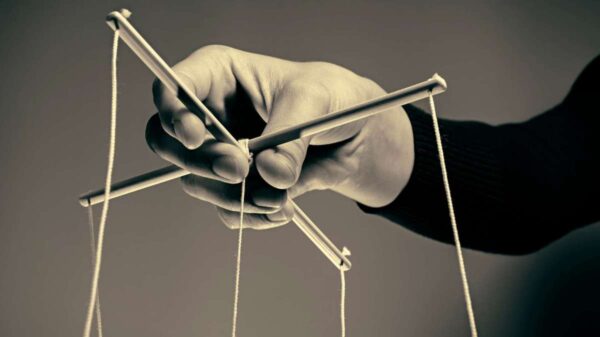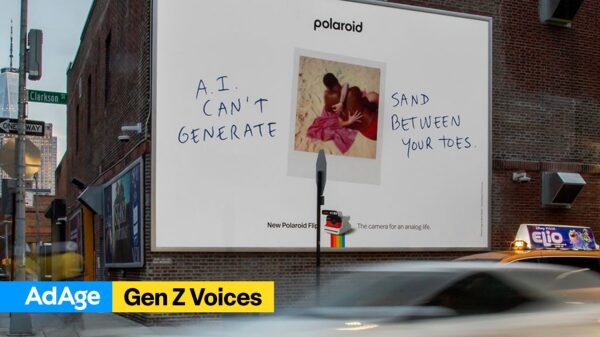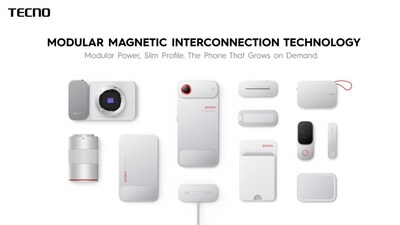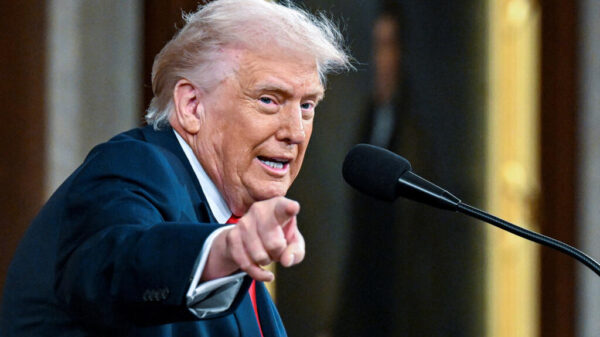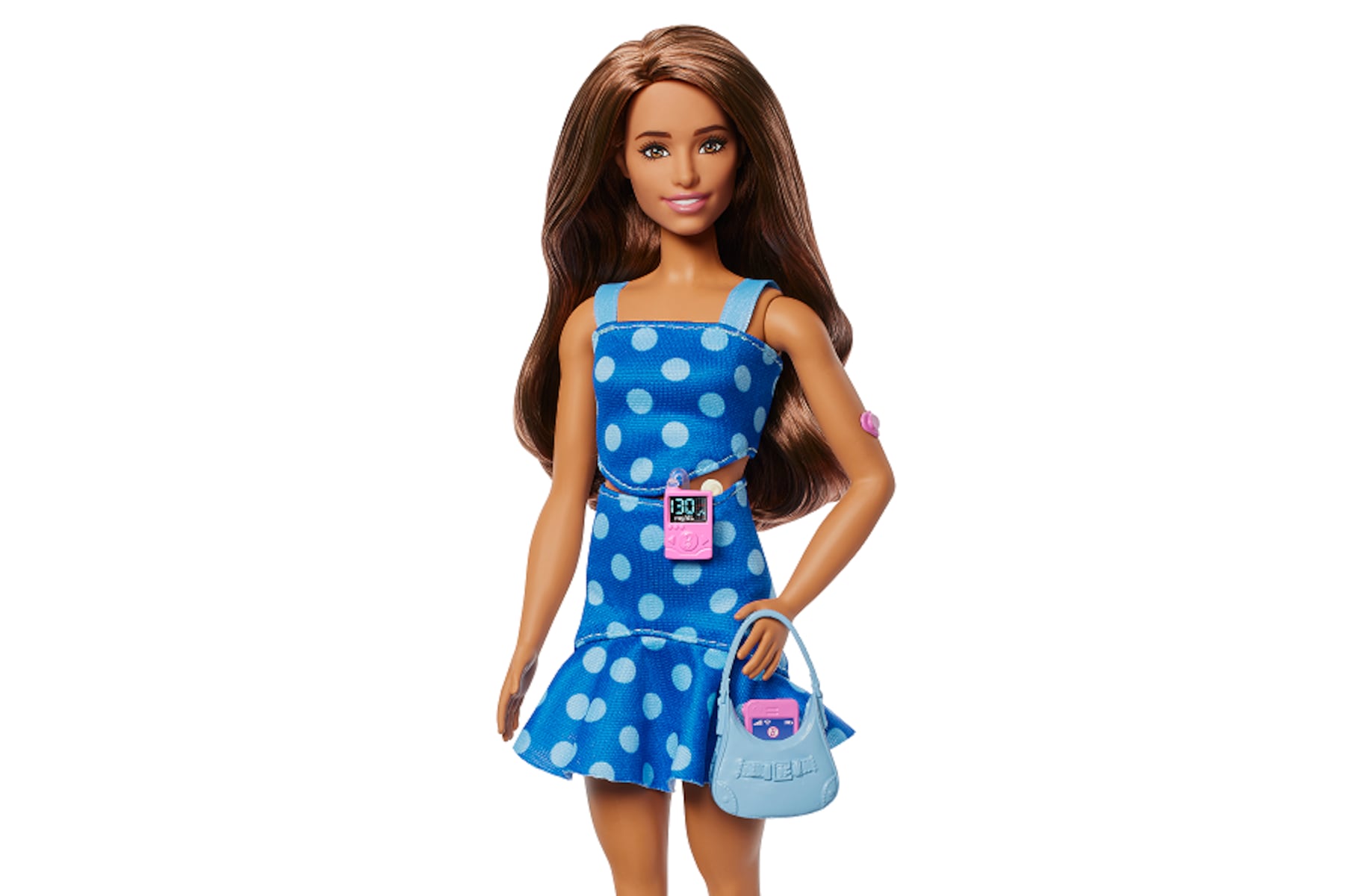Mattel has launched a groundbreaking addition to its iconic Barbie line: the first Barbie doll with Type 1 diabetes. Introduced on October 24, 2023, this new Barbie is equipped with a purse, heels, an insulin pump, and a continuous glucose monitor, reflecting the daily realities of children living with this autoimmune condition.
The company emphasized that this innovative doll aims to enhance representation and inclusivity in play. “This addition to the line enables more children to see themselves reflected in Barbie and encourages doll play that extends beyond a child’s own lived experience,” Mattel stated in a press release. “This fosters a greater sense of inclusion and empathy—all pillars of the Barbie brand’s mission.”
Mattel collaborated with Breakthrough T1D, formerly known as the Juvenile Diabetes Research Foundation, to accurately design the doll. The Barbie doll features a continuous glucose monitor on her arm, an essential tool for those who need to monitor their blood sugar levels continuously. The monitor is linked to an app on Barbie’s phone, further integrating modern technology into playtime.
In addition, the doll wears an insulin pump on her waist, a crucial device for individuals with Type 1 diabetes, who require insulin to manage their condition. The outfit also carries a symbolic message, as the blue polka dots on her skirt design represent diabetes awareness.
Krista Berger, senior vice president of Barbie, highlighted the significance of this launch. “Introducing a Barbie doll with Type 1 diabetes marks an important step in our commitment to inclusivity and representation,” she said. “Barbie helps shape children’s early perceptions of the world, and by reflecting medical conditions like T1D, we ensure more kids can see themselves in the stories they imagine and the dolls they love.”
The Type 1 diabetes Barbie joins the Barbie Fashionistas line, which already includes a variety of dolls that represent different abilities and backgrounds, such as dolls with hearing aids, Down syndrome, and those who use wheelchairs. This commitment to diversity aligns with ongoing efforts in the toy industry to offer more relatable and inclusive options for children.
As the conversation around representation continues to grow, the introduction of this doll signifies a broader acknowledgment of the diverse experiences children face. The Barbie brand is not only about fashion and fun; it is increasingly becoming a platform for visibility and education regarding important health issues.
The launch has been met with enthusiasm from parents and advocates alike, who see the importance of providing children with toys that reflect their realities. This move by Mattel represents a step forward in the evolution of the Barbie brand, showcasing that play can also be a vehicle for understanding and acceptance in a diverse world.











